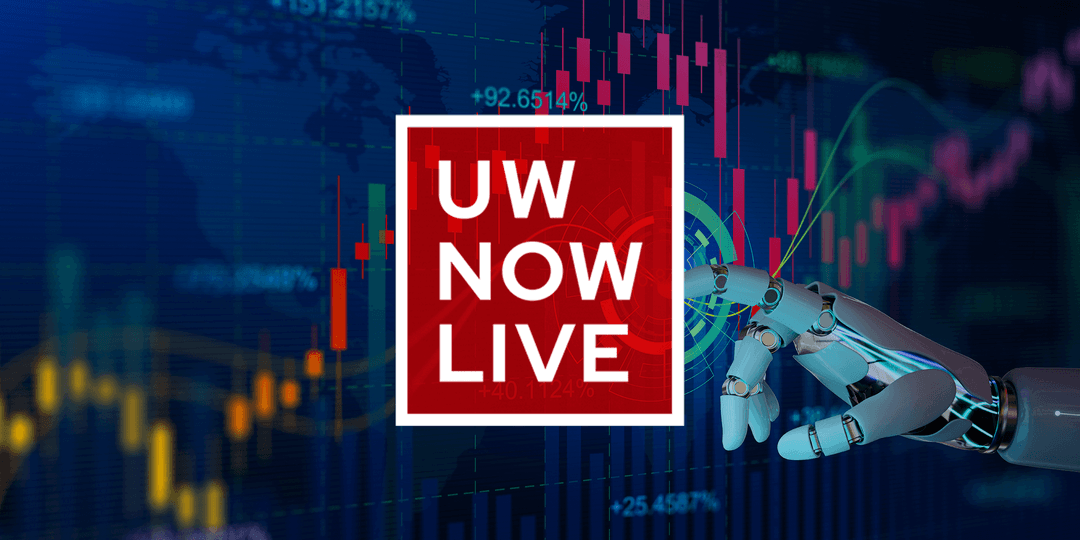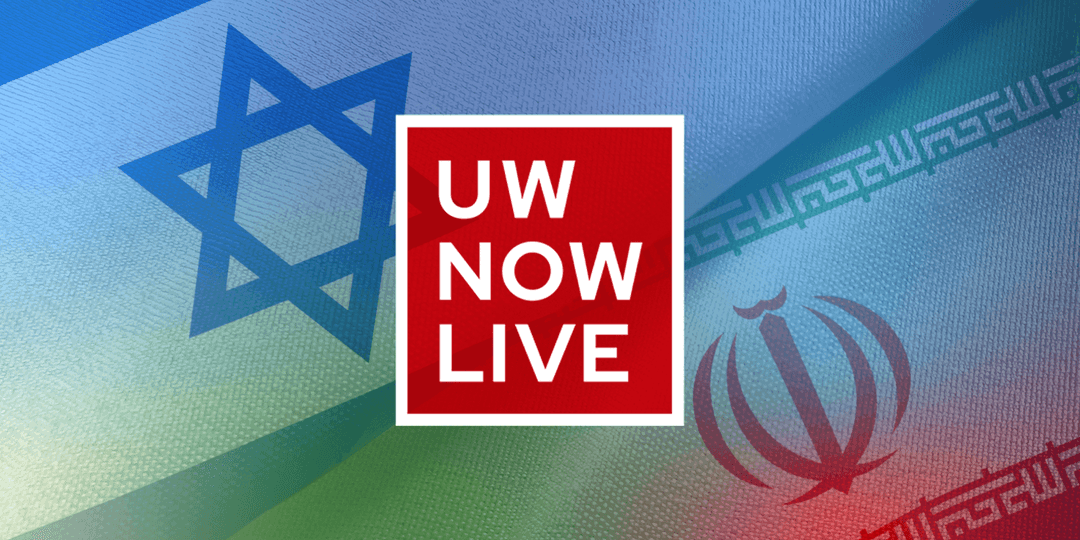The growing rivalry between the U.S. and China is shaping global politics and global security. Now, tension has escalated with the threat that nuclear weapon testing will resume. “From disputes in the South China Sea, to threats to Taiwan’s independence, and the race for dominance in artificial intelligence,” said UW Now Live host Mike Knetter, “tensions are rising and the stakes couldn’t be higher.”
On November 18, the UW Now Live invited nuclear security specialist and engineer Sébastien Philippe and political scientist Jessica Weeks to discuss the tension between the U.S. and China and the increasing threat of nuclear conflict. Knetter, an economist and former CEO of the Wisconsin Foundation and Alumni Association, moderated the discussion.
Weeks explained key historical and political context that could affect military escalation between the U.S. and China. “The issue that seems most likely to lead to a miliary clash,” Weeks said, “is this issue of Taiwan.”
After World War II, China claimed control over the island, but since 1949 Taiwan has operated independently, and it is governed by its own democratic government. While the U.S. does not formally recognize Taiwan’s independence or China’s claim over the island, it does provide military support to Taiwan. “Xi Jinping is increasingly staking his public-domestic-political reputation on the issue of reunifying Taiwan,” Weeks said.
As China’s military power has expanded, Chinese leaders have pushed to “reunify” Taiwan and China, something Weeks said Taiwan is not interested in. She said a military invasion of Taiwan would be “extremely difficult and extremely risky” for China because of economic unknowns and logistical challenges. Rather, Weeks said, China may use “gray zone” tactics, which are designed to wear away at countries over time and are less likely to escalate to open war.
Weeks suggested that, to keep the risk of war and nuclear escalation low, the U.S. should maintain military aid to Taiwan, utilize and invest in structural advantages like trade and scientific research, and maintain good relationships with allies.
Philippe continued the conversation by explaining the threat of nuclear conflict between China and the U.S. He pointed to a recent suggestion from President Donald Trump that the U.S. may resume nuclear explosives testing for the first time since 1992.
China has expanded its nuclear forces in recent years and has built more than 300 new missile silos in western China. “Every nuclear armed country in the world today is modernizing its nuclear arsenal,” Philippe said. “The United States and Russia still possess roughly 90 percent of the world’s stockpiles, which is currently around 12,000 nuclear weapons.”
Philippe said China sees the U.S. and Russia as “two nuclear superpowers” that continue to improve and invest in their forces, and Trump’s comments about continuing to expand military forces could also escalate China’s nuclear presence.
“The cycle here isn’t just about competition; it’s also about perceptions and the fear of being vulnerable,” Philippe said. If the U.S. were to resume nuclear testing, he noted, China would likely follow immediately.
Philippe said the use of nuclear weapons would lead to mass casualties and could collapse critical infrastructures like food systems, global supply chains, and the climate. He also said there is no technical need to resume nuclear weapons testing, and the U.S. should be extremely cautious when discussing a return to testing.
“The consequences here are not only of national security importance, but they’re also environmental, political, and moral, and those consequences would be profound,” Philippe said.
Weeks and Philippe answered questions from viewers covering transparency in politics surrounding Taiwan, preparing for nuclear escalation, and investing in nuclear weapons.



